Identity politics has become one of the most contested concepts in
contemporary literary and cultural studies. For some, it marks the
pathway to allowing the voices of long oppressed communities to be
heard, to redressing past and present injustices and to decolonizing
knowledge (and possibly the university), while for others, it heralds a
return of cultural essentialism, an attack on free speech and the
promotion of a “cancel culture”.
Since negotiations of individual and collective cultural identity have
been of paramount importance for many anglophone writers, engaging with
identity politics arguably constitutes an inevitable task in world
anglophone studies. In this seminar, we will take a critical look at the
origins of the idea of “identity politics” and at pronounced
formulations of identity politics from the political left and right. In
the main part of this class, we will engage in close readings of four
novels from the contexts of Black and Asian British, American African,
Aboriginal Australian and diasporic Sri Lankan literature and contrast
them with a contemporary German novel to explore how these texts tell
their stories of belonging and unbelonging in the contemporary world and
how they negotiate the tensions between open and closed understandings
of collective identities.
- Trainer/in: Clara Hebel
- Trainer/in: Frank Schulze-Engler
